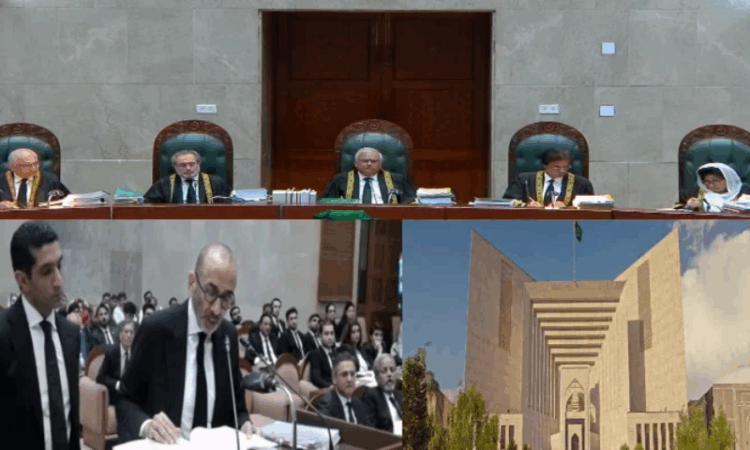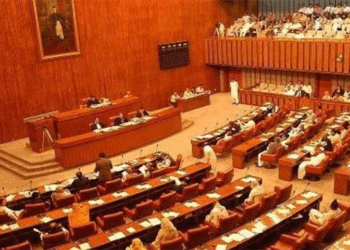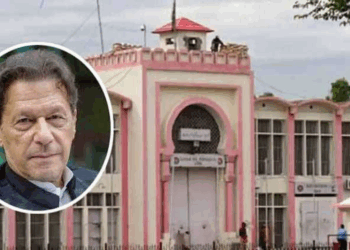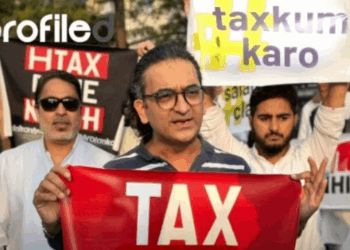Islamabad, May 26, 2025: The Supreme Court of Pakistan on Monday observed that the Sunni Ittehad Council (SIC) is not entitled to claim reserved seats in Parliament, raising critical constitutional questions about the eligibility of a party that did not contest the general elections.
During a live-streamed hearing of the high-profile reserved seats case, an 11-member constitutional bench, headed by Justice Amin-ud-Din Khan, scrutinized the legality of SIC’s claim to reserved seats following the inclusion of independent candidates into its fold.
Justice Musarrat Hilali questioned the very basis of SIC’s claim: “How can independent candidates join a party that is not part of Parliament? Did the Sunni Ittehad Council even contest the elections?”
The bench expressed repeated concerns over how a non-electoral entity like SIC could assert its right to reserved seats, which are constitutionally allocated based on proportional representation derived from a party’s performance in the general elections.
Senior counsel Makhdoom Ali Khan, representing de-notified women MNAs, argued that the SIC’s appeal had already been unanimously dismissed and that the members were de-notified without prior notice. He also contended that the Supreme Court’s earlier judgment did not reference Article 225 of the Constitution, which bars challenges to election disputes outside election tribunals.
Justice Hilali, however, reaffirmed the principle that reserved seats are allocated based on electoral results, not post-election affiliations. “This is a matter of proportional representation, not direct election,” she said.
Justice Jamal Khan Mandokhail later stated unambiguously that the SIC is not eligible for reserved seats, further solidifying the court’s preliminary stance.
The bench adjourned the hearing until Tuesday, directing SIC’s counsel to present arguments in the next session.
At the centre of the dispute lies a pivotal Supreme Court order dated July 12, 2024, in which eight out of 13 judges ruled that 39 out of 80 contested MNAs should be considered returned candidates of Pakistan Tehreek-e-Insaf (PTI), a decision that would position PTI as the single largest party in the National Assembly.
However, implementation of the judgment has been stalled, with the National Assembly yet to act, and the Election Commission of Pakistan (ECP) having raised objections. The Pakistan Muslim League-Nawaz (PML-N), Pakistan Peoples Party (PPP), and the ECP have all filed review petitions against the ruling.
In a detailed verdict issued on September 23, 2024, senior puisne judge Justice Mansoor Ali Shah harshly criticized the ECP for what he termed “numerous unlawful acts and omissions” that caused “confusion and prejudice” to PTI, its candidates, and voters.
The court’s dissatisfaction with the ECP was further echoed in a clarification issued on September 14, 2024, in which it reprimanded the Commission for failing to comply with the July 12 ruling. Justice Shah later reaffirmed on October 18, 2024, that an amendment to the Elections Act, introduced in August 2023, could not override the Supreme Court’s verdict regarding reserved seats.
As the case resumes tomorrow, all eyes remain on how the apex court will shape the parliamentary landscape through its final judgment on the eligibility of the SIC and the fate of PTI’s reserved seat claims.








